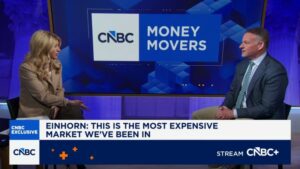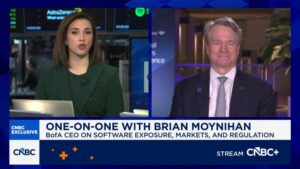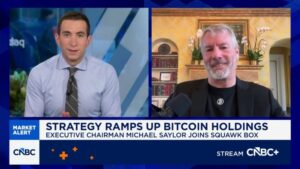The numbers: A survey of consumer sentiment survey reached a 22-month high of 71.6 in July, helped by a slowdown in inflation and a robust jobs market.
The final reading of the sentiment survey slipped from a preliminary 72.6 in early July, but it was up sharply from 64.4 in June, the University of Michigan said Friday.
The consumer-sentiment survey reveals how consumers feel about their own finances as well as the broader economy.
Also read: U.S. inflation eases again, PCE shows. Prices rise at slowest pace in almost two years
The index has risen in fits and starts from an all-time low of 50 last year. The index rose to as high as 101 shortly before the onset of the pandemic in 2020.
Key details: A gauge that measures what consumers think about the current state of the economy registered 76.6 at the end of July vs. an initial 77.5.
A measure that asks about expectations for the next six months slipped to 68.3 from an initial 69.4 in early July.
Both indexes are up sharply from June, however.
Americans think inflation will average 3.4% in the next year.
Big picture: Americans are less worried about a recession. Unemployment is low, wages are rising and inflation has eased.
Yet the economy is likely to face more turbulence ahead because of higher interest rates orchestrated by the Federal Reserve to bring inflation down even further.
Higher borrowing costs usually depress business investment and consumer spending, increase layoffs and slow the economy.
Looking ahead: “Overall, the sharp rise in sentiment was largely attributable to the continued slowdown in inflation along with stability in labor markets,” said Joanne Hsu, director of the survey. “However, sentiment for lower-income consumers fell.”
Market reaction: The Dow Jones Industrial Average
DJIA,
and S&P 500
SPX,
rose in Friday trades.
This post was originally published on Market Watch






